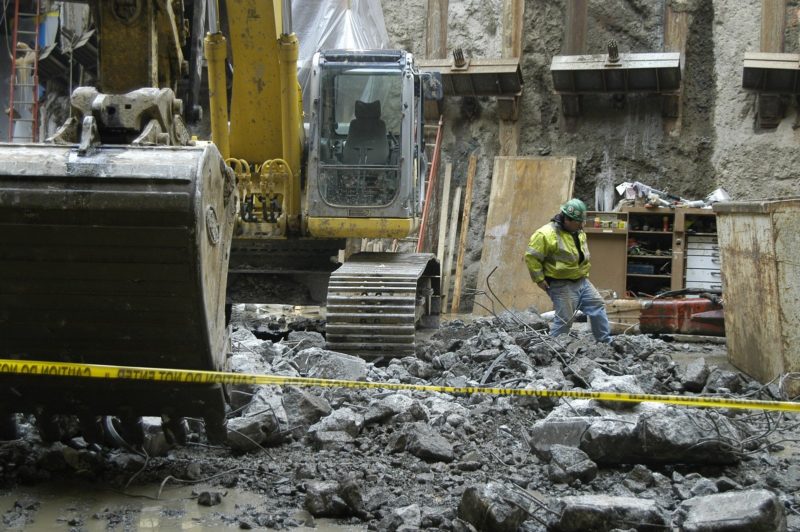An earthquake is a sudden and rapid shaking of the earth’s surface caused by the sudden release of energy in the earth’s lithosphere. Even though earthquakes can vary in size, they can lead to tsunamis, landslides and occasionally volcanic activity. This no doubt can shake up your world, damaging your properties and sometimes even causing harm to life. Let’s look at some earthquake safety tips that would help you to stay safe in such an event:
Do’s for an Earthquake
It is always best to be prepared, even though you do not have control over an earthquake. Insurance policies are designed to help you rebuild in the event of any damage. Property insurance policies cover you from losses sustained during such natural hazards while Motor insurance policies offer special perils cover to ensure that you are protected.
Click here for an instant quote from Gulf Insurance. https://gulfinsuranceltd.com/
Do’s During an Earthquake
- Stay calm
- Get under a table if possible and stay underneath until the shocks stop
- Stand at corners or near beams
- Run to open grounds if possible and stay still until shocks stop
- Stay away from weak or old structures
- Stay away from doors and windows
- Never drive when shocks are in progress
- Avoid taking roads that have earthquake debris and damages
- Avoid traveling on bridges
- Get away from tall building, trees and electricity poles
- Identify the safe place and head there
- Beware of landslides if you live on a hilly area
Do’s After Earthquake
Even though the earthquake is over, aftershocks may occur. It is therefore important that you remain calm and aware.
- Keep your calm
- Ensure that you and your family are safe and get help if any injuries were sustained.
- Take videos and pictures of all the damage.
- Contact your insurance company to begin your claim report.
Luckily for Gulf’s policyholders, they can begin their claims online and on the spot with the online claim forms. This will help you to get ahead in line as in such a natural hazard, insurers are usually overwhelmed.
